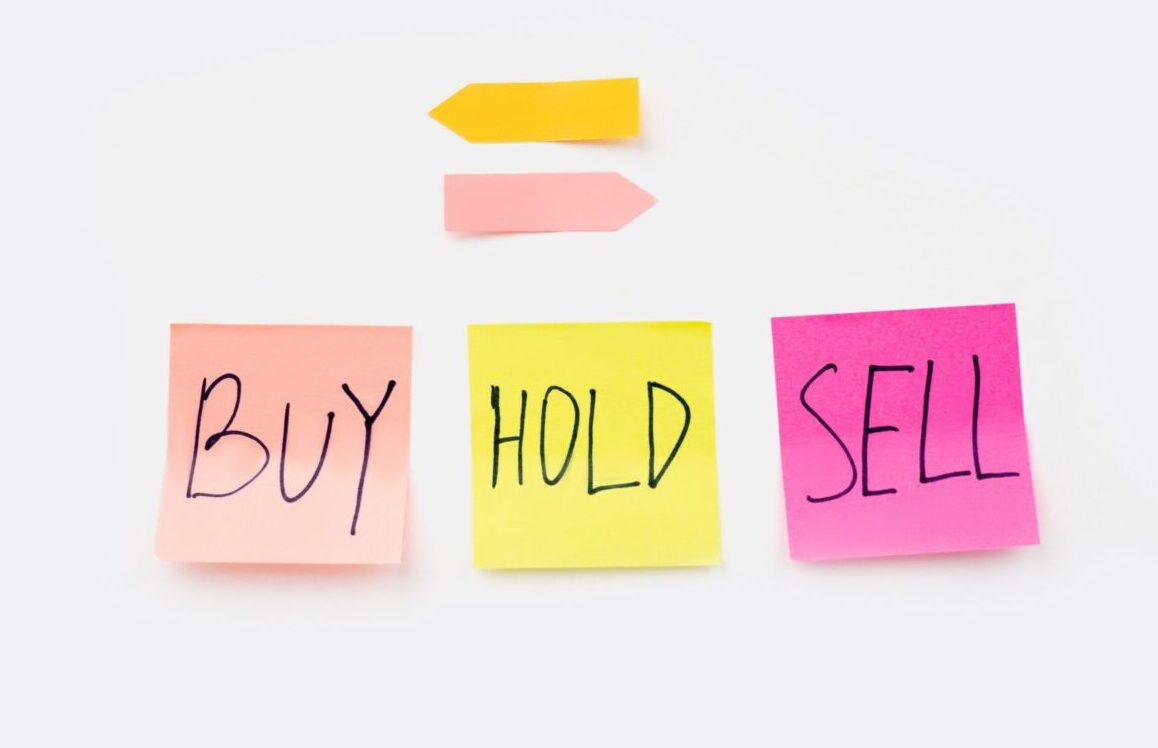Simple Financial Advice Guide
Financial advice runs the gamut from basic to advanced and complex; for that reason, it is easy to see why people get overwhelmed when they jump right into complicated advice for financial experts.
Whether you’re out on your own for the first time or you’re struggling with your finances and don’t know where to start, you can benefit from this simple financial advice guide that will provide simple–but essential–financial advice to help you get on your feet.
Create a budget
A budget is the most base of financial tools that you need to have in your arsenal. A budget will help you understand what money you’re bringing in–and what money you need to spend. A budget can help you stick to financial goals, plan your way out of debt, and help you avoid overspending.
Invest Some Money
Investments can be daunting, but they are an essential if you want to make your money work for you. You don’t have to jump right into complex investments just yet; consider researching basic, simple investments that can help you earn money through passive investment.
Put Money into an Emergency Fund
Emergency funds are a financial necessity that many people don’t consider until it’s too late and they’re in need of emergency funds. Emergency funds are necessary for all of those life incidents that we don’t see coming: a pet suddenly needing surgery, a car breaking down and needing repairs, and so on.
Do Not Rely on Credit Cards
It can be very tempting to use credit card after credit card, but swiping without considering the fact that you are spending actual money–money that you will have to repay, with interest–is going to lead to some serious debt and financial problems. Do not rely on credit cards to pay bills or make major expenses. It will require stricter budget regulation, but you can–and should–avoid using credit cards except in limited circumstances.
Keep Strict Track of Spending
This one might seem like a no-brainer, but there are a surprising amount of people who don’t keep strict track of their spending. Always write down everything you spend, from bills to movie nights to fast food lunch stops and anything in between. It is very easy to suddenly find yourself overspending if you aren’t holding yourself accountable for every purchase.
Don’t Live Outside Your Means
If you are going to make a large purchase, ask yourself: do I really need this? Can I afford to buy it and if necessary, pay for additional expenses associated with this purchase? In many cases, the answer is: no. Do not try to live outside your means simply in order to keep up with the neighbors, your friends, or the latest social media influencers.
Pay Off Little Debts First
If you have both large and small debts, work on the small debts first. The rationale for this is simple: you will feel accomplished once you pay off the smaller debt, and when those are out of the way you will feel far more dedicated to pursuing the larger debts.
Take the steps and tips discussed on this page to develop your own good personal financial habits.





